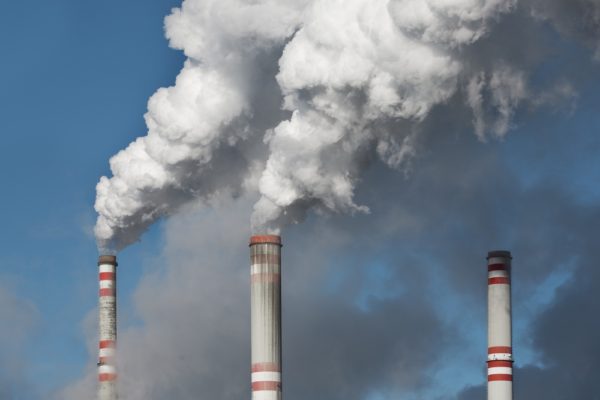WashU Expert: Trump climate policies expose the nation to risk
The National Climate Assessment, released the day after Thanksgiving, highlights the risks to which federal policymakers are exposing the country — including very pointedly the Midwest — by attempting to roll back limits on greenhouse gas emissions that contribute to climate change, says an expert on environmental policy at Washington University in St. Louis.
Universities must tackle global energy, environmental woes, says international call to action
Proclaiming that “energy and environmental issues represent the greatest challenges of this century,” Washington University Chancellor Mark S. Wrighton today joined presidents of six other premier research universities in calling for universities worldwide to marshal their resources for a global effort to secure a brighter, sustainable future. Plans for collaborative academic programs involving education, research, university operations, social sciences and policy studies are detailed in a statement issued May 7.
Federal courts decision an important victory in battle to protect public health
Communities exposed to toxic lead emissions recently won an important victory in federal court through a case filed by the Interdisciplinary Environmental Clinic (IEC) at Washington University in St. Louis. “The court chastised the Environmental Protection Agency (EPA) for long-neglecting its duty to review the lead standard every five years, and placed the agency on a firm schedule for conducting the review,” says Maxine I. Lipeles, IEC director and professor of law and engineering. “Because the lead standard must be revised to protect public health, and the existing standard is out of date, we believe that the EPA is virtually required to revise the standard downward. That would help protect children in communities across the country where smelters and other facilities emit significant amounts of lead into the air. The decision should also caution the EPA to act more promptly in reviewing the other five national ambient air quality standards * for nitrogen oxides, ozone, sulfur dioxide, carbon monoxide, and particulate matter.”

